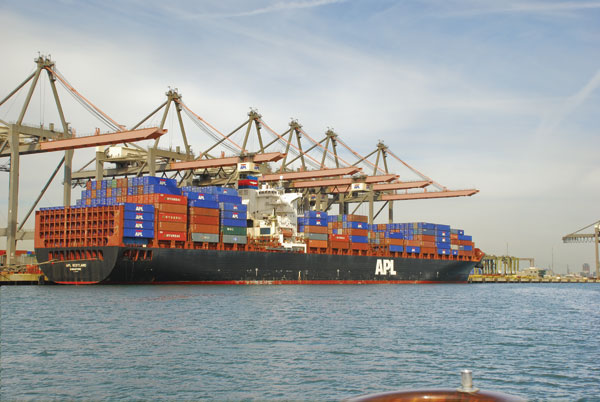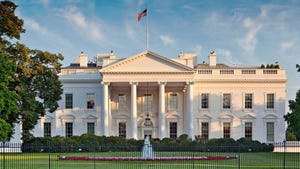WTO win could help solidify U.S. beef exports to Indonesia
Indonesia is the world’s fourth-largest country in population, making it an important market for U.S. beef.
January 5, 2017

Just before Christmas, the World Trade Organization (WTO) issued an important decision that could provide further momentum for U.S. beef exports to Indonesia. The ruling addressed a complaint filed by the Office of the U.S. Trade Representative (USTR) and its counterpart agency in New Zealand, which contended that Indonesia’s import restrictions on a range of products – including beef – violate its obligations as a WTO member.
In 2012, restrictions imposed by Indonesia effectively cut its beef imports from all supplying countries by 60% – with volume reaching an 11-year low of 42,000 metric tons (mt). Imports from the United States were hit even harder, falling by nearly 90% to just 1,300 mt. This decline was one of the factors that led to the filing of the WTO complaint in 2013. The complaint addressed a wide range of import restrictions, but those most damaging to beef trade included the following:
A requirement that imported beef could only be sold in restaurants and hotels – not at retail.
The market was only open to a limited range of beef muscle cuts, and no variety meat.
Importers and distributors were required to purchase certain amounts of domestic beef before being allowed to purchase imported beef.
Requiring an importer to utilize at least 80% of the quantity for each product specified on the importer’s license.
Restrictions were placed on the importation of certain products when their market prices fell below government-determined “reference prices.”
Imports were restricted when the Indonesian government determined that its domestic supplies were sufficient.
The WTO ruled in the United States’ favor on each of these issues, finding that Indonesia could not justify any of these restrictions and that all are in violation of WTO rules.
So what happens next?
Indonesia could appeal the decision, which is a common practice in WTO cases. But if the ruling stands, Indonesia must either modify its import policies in a manner that is WTO-compliant, or be subject to tariff increases on products it exports to the United States.
As this complaint was making its way through the WTO process, the Indonesian government lifted or eased several of restrictive measures, which has resulted in increased imports this year. In August of last year, the market reopened to all beef muscle cuts and a range of variety meat items including livers, hearts, lungs, tails, tongues and feet. The reference price system was also eliminated, and importers were no longer required to meet domestic beef purchasing thresholds before being issued import permits. Importers also are no longer bound by any restrictions on the volumes of product they can apply to purchase.
The U.S. industry was quick to capitalize on these opportunities. Through October 2016, U.S. beef exports to Indonesia increased dramatically over the low totals of the previous year, reaching 7,039 mt valued at $27 million – nearly surpassing the full-year value record of $28 million established in 2011. The U.S. industry is also hoping to soon have additional beef plants eligible to ship to Indonesia, as a result of audits conducted by a technical food safety team from Indonesia in early December.
If the market has improved, why is the WTO ruling important?
With a population of more than 250 million – the world’s fourth-largest – and a growing economy, Indonesia holds excellent potential for U.S. beef exports. But Indonesia’s import policies have been so volatile and inconsistent that they have created a difficult trade environment for both U.S. suppliers and Indonesian importers. Even during periods when beef exports were flowing smoothly, the unpredictable nature of the market made it hard for those in the U.S. industry to commit the resources necessary to bring Indonesian beef demand to its full potential.
“This ruling sends a very clear message to Indonesia, and to other countries that might consider similar import restrictions that are inconsistent with their obligations as members of the WTO,” noted Thad Lively, U.S. Meat Export Federation (USMEF) senior vice president for trade access. “USMEF is hopeful that this WTO decision will mark a turning point in our trading relationship with Indonesia and allow us to expand the presence of U.S. beef in this very promising market.”
Joe Schuele is vice president, communications, with the U.S. Meat Export Federation in Denver, Colo.
About the Author(s)
You May Also Like
.png?width=300&auto=webp&quality=80&disable=upscale)


